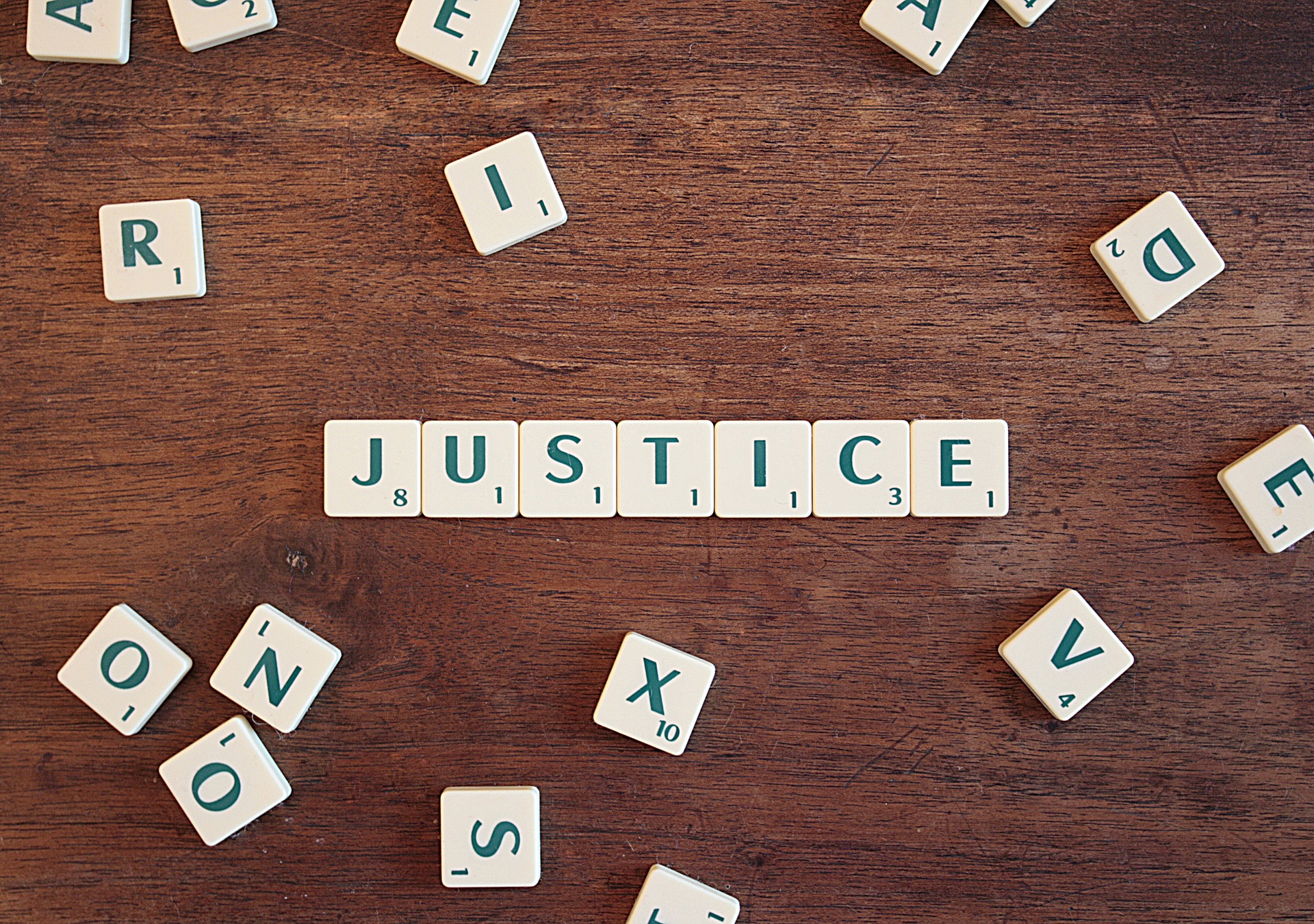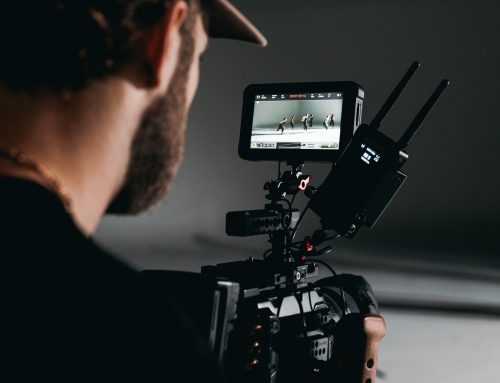Legal transcriptions almost always, if not always, require a verbatim transcription, and in many cases it is your transcription than will be used rather than any recording. That is the reason you must be 100% accurate – and 100% means just that, not 99.9%. Any small mistake on your part could make the difference between a guilty man going free, or an innocent one being condemned.
These are specific rules that must be followed when working on legal transcriptions. Even though they tend to be unspoken, we at EQ Transcription Services follow these rules carefully, as any good transcriptionist should.
Here are some helpful ‘Dos and Don’ts for legal transcriptions.
Do – be aware of legal terms and use reference books or another source for checking legal terms.
Don’t – take on a legal transcription unless you are familiar with at least the basic terms used in the legal profession.
Do – clear up any doubts about the job before you start work. Ask any questions necessary to be sure you fully understand the requirements.
Don’t – assume what the client may want, make certain.
Do – contact the client while you are working on a project if a problem arises.
Don’t – decide it is fine or better in a certain way, without checking with the client if it is really better.
Do – make sure you transcribe everything verbatim, including any ‘you know’, ‘like’ and so on. Remember, false starts can be a vital clue in a legal case.
Don’t – correct grammar mistakes and slang, or leave out hesitations, pauses or anything else. Exactly what was said, as well as how it was said, is important. How it should have been said is irrelevant.
Do – include every single background noise and sounds people make. A person clearing their throat or coughing could be a sign to the person testifying, that is why you must include everything.
Don’t – leave out something which seems insignificant to you, but which may make a huge difference to a legal professional.
Do – type everything and if there is a part you are unable to make out, type ‘unintelligible’ or ‘inaudible’ and the time on the recording where this takes place. Someone who was present may remember what was said, as long as you point out the problem.
Don’t – make up or ignore unclear parts, these could be very important. Even if a lot of the audio is unclear, it is better to say so rather than guess or disregard it.
To sum up, while all good verbatim transcriptions include every nuance and noise, legal transcriptions need these to be valid and useful, more than in most other fields.
Anything and everything can obviously have a big impact on a legal case, so leaving out what might be an insignificant sound is not an option. Better to add unnecessary sounds, than miss something vital.






